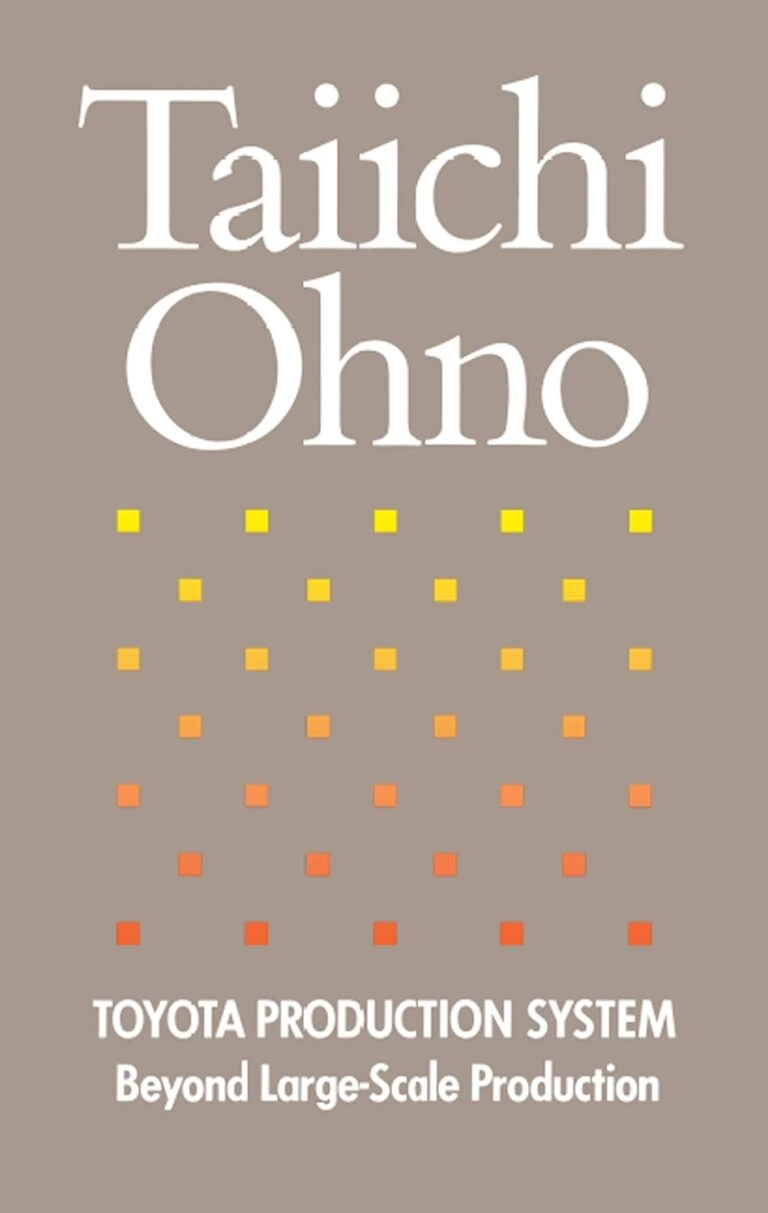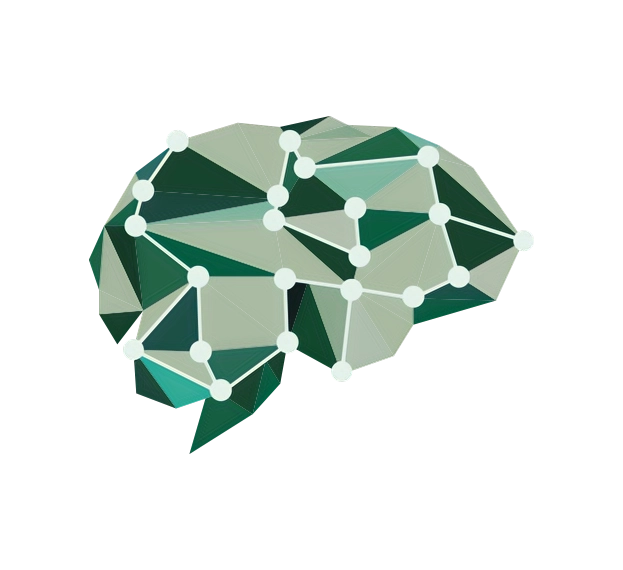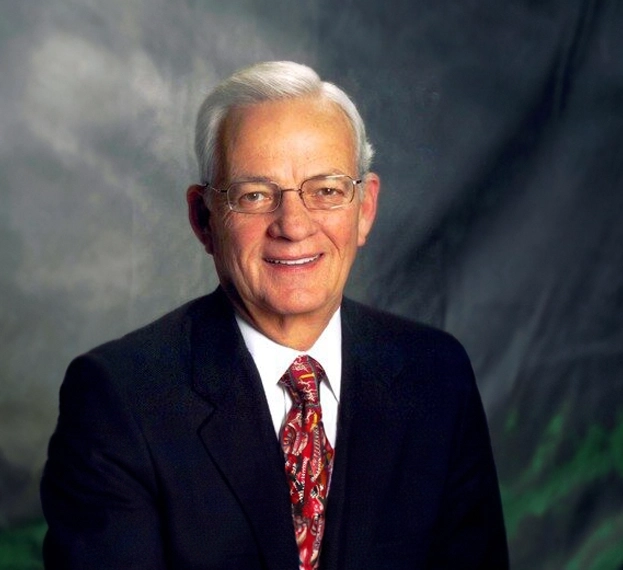Our Approach
For decades, most organizations have focused on process improvement and process stability.
Eyes to See is concerned with system stability and system improvement.
We partner with executives in
any industry
for whom traditional strategies are not achieving needed
results and who are interested in exploring a new way of
“seeing” the complex systems and people they lead.
⦁ Perhaps you struggle with effective coordination across siloed functions. Or have difficulty sustaining improvement so that the same problems keep surfacing again and again. Or have inability to fully wrap your arms around an entire system with too many moving parts.
⦁ We offer a learning journey to see and grasp the most powerful levers for change in complex systems. We help you ask fruitful questions, spot the most critical opportunities for improving outcomes, and support you in leading while learning.
⦁ Most of all, we do this with a profound respect for humanity, which helps you and your team feel more capable, more hopeful and more invested in their work.
Our approach is rooted in 4 principles
Learning from nature
A common approach to managing complex systems is Reductionism – break the system down into component parts and solve one manageable piece at a time. Although this feels intuitive, it ignores the reality of system connectivity and usually results in the sub-optimization of a part at the expense of the whole.
Yet, the natural world is full of elegant self-organizing, self-diagnosing and self-adapting systems ranging in scale from atoms to the human body to ecosystems to galaxies.
What if we could design this same kind of adaptive learning organization in the human worlds of commerce, health care, governance, and education?
Taiichi Ohno
Toyota Production System:Beyond Large-Scale Production

Science of system thinking
Systems in nature have repeating patterns. The same principles that govern the smallest component also govern the largest. These natural laws can be harnessed when an organization commits to a set of governing principles and applies them consistently at every level.
Some organizations that have climbed to the top of their industries and stayed there, like Toyota, have done so through generations of painstaking experimentation that helped them discover the universal underlying principles of self-organizing, self-diagnosing and self-adapting systems and incorporate them into their work design, problem solving, and innovation.
We have benefitted from an extraordinary partnership between Toyota, Alcoa and the Harvard Business School. Through this partnership in the late 1990s, Steve Spear and Kent Bowen successfully extracted the rules that all Toyota employees follow in designing, performing, and improving all work – principles that have enabled Toyota to perform far ahead of its peers by aligning the entire organization on both the goals AND the way (methods). [Decoding the DNA of the Toyota Production System, Spear & Bowen, HBR, 1999.]


We have an elegant way to teach these simple (but not easy, and sometimes counterintuitive) principles so that your organization not only has a common framework and language for collaboration but develops a nested modular organizational architecture to become a self-organizing, self-diagnosing and self-adapting learning organization more rapidly.
Respect for humanity
We focus on finding meaning in systems, and there is no meaning without people.
Respect for every human, no matter their role in any system, is a fundamental element in our work. We operate on the premise that every human has unlimited potential.

One of our guides in this thinking is Paul O’Neill, former CEO of Alcoa and Secretary-Treasurer of the United States.
An organization has the potential for greatness when everyone can answer “yes” to three questions:
- Am I treated with dignity and respect by everyone I encounter without respect to gender, or nationality, race, educational attainment, rank, or any other distinguishing feature?
- Am I given the things I need – training, education, tools, resources, encouragement, etc. – to make a contribution to the organization that also adds meaning to my life?
- Am I recognized in a meaningful, sincere way for that contribution by someone whose opinion matters to me?
In addition to creating a values-based culture, where the values are true every day for everyone without exception, an innovative human development approach is needed to enable unbounded human potential. We believe in expanding organizational capacity by developing the people within the organization to “sense what is needed, to respond wisely and effectively, and to learn and evolve both themselves and the system.” (Michelle Holliday The Age of Thrivability). Embedded in our approach is an intentional design for learning that occurs where theory, tacit learning by doing, and caring mentoring intersects.

Sensei-ing, not consulting
We are not typical consultants in that we are not experts who come with answers or directives. Our approach is to partner with you in learning critical insights to help you achieve your mission. We build your capacity to see, ask, and learn so that you in turn can build the capacity for the same skills in your people.
Michael Ballé et al
The Lean Sensei: Go See Challenge